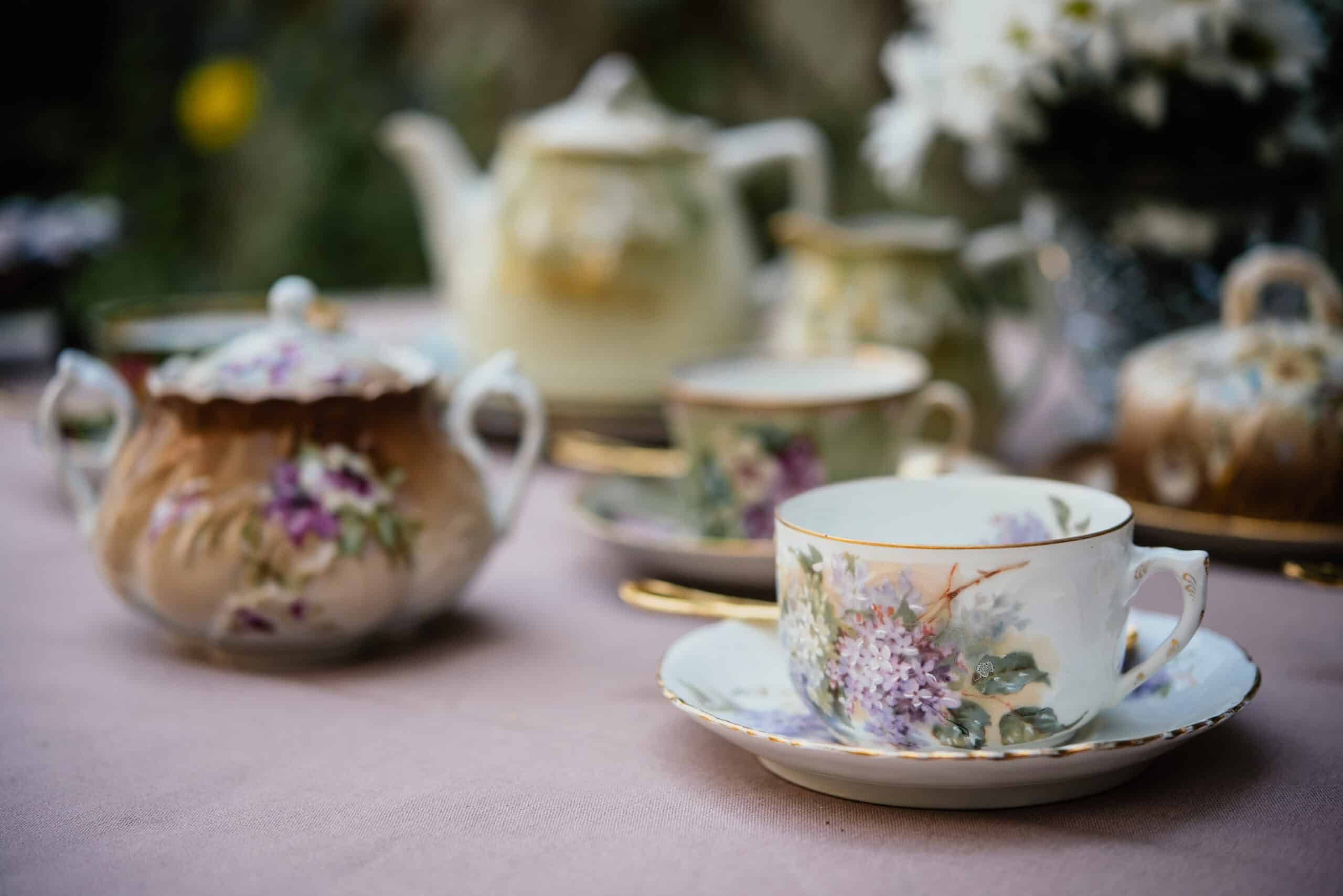Analysis included 100,902 participants of the China-Par Project2 with no history of heart attack, stroke or cancer who were categorised into 2 groups: habitual tea drinkers consuming three or more cups per week, and never/non-habitual tea drinkers who consumed less than three cups per week; participants were followed up for a median of 7.3 years.
Findings suggest a 50 year old habitual tea drinker could develop coronary heart disease and stroke 1.41 years later and live 1.26 years longer than someone who seldom or never drank tea at all. Habitual tea drinkers had a 20% lower risk of incident for heart disease and stroke as well as a 22% lower risk of fatal heart disease and stroke, as well as a 15% decreased risk of all cause death compared to never or non-habitual tea drinkers.
“Habitual tea consumption is associated with lower risks of cardiovascular disease and all-cause death. The favourable health effects are the most robust for green tea and for long-term habitual tea drinkers,” said First author Dr Xinyan Wang, of the Chinese Academy of Medical Science in Beijing.
An analysis of potential changes in tea drinking behaviour was conducted in subset of 14,082 participants with assessments at two time points; average duration between the 2 surveys was 8.2 years with a median follow up after the second survey being 5.3 years: Habitual drinkers who maintained the habit in both surveys had a 39% lower risk for incident of heart disease and stroke, a 56% lower risk of fatal heart disease and stroke, and a 29% lower risk of all cause of death compared to the never/non-habitual participants.
A sub-analysis by tea type found drinking green tea to be linked with 25% lower risks for incidents of stroke and heart disease, fatal heart disease and stroke as well as all cause mortality, while there were no significant associations found for black tea.
49% of the habitual tea drinkers were found to drink green tea most frequently while only 8% preferred to consume black tea. The preference for green tea in East Asia may make it difficult to observe a more robust association for black tea, but these findings hint at a differential effect between the two tea types.
The research team suggest that there could be many reasons for the differences such as green tea being a rich source of polyphenols that protect against heart disease, while black tea is fermented and loses some of the antioxidant effects during the process.
“This study is an observational study and can therefore only establish an association – not a causal relationship,” says Gunter Kuhnle, professor of nutrition and food science at the University of Reading. 2 cups per week was noted to be the cut off point which is very little when compared to the average of 3-4 cups per day in the UK:
“It is not clear from the study whether there is any benefit from higher tea intake – and therefore there is no likely benefit from increasing tea intake by the majority of the British public.”




